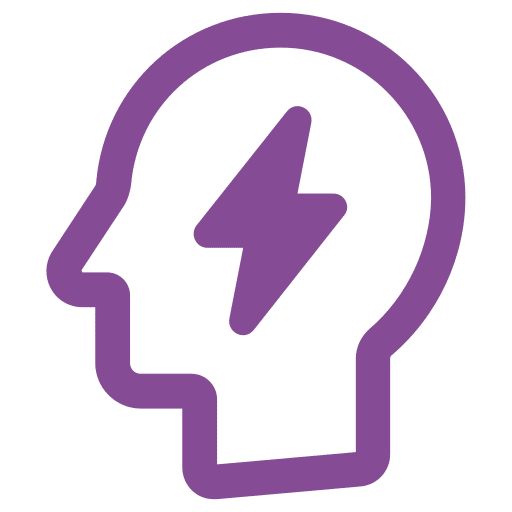
Learning Ecosystems should be designed to not only present educational information, but to truly promote learning. There are many factors that improve learning outcomes within learning ecosystems, but two of those factors most strongly impacted by knowledge management technology are motivation and attention.
Motivation
 Motivation is a complex factor to understand, but psychologists, neuroscientists, and learning theorists have amassed quite a body of research. We know that motivation can be positively influenced by intrinsic motivation, experiences of success, and overall positive system user experience.
Motivation is a complex factor to understand, but psychologists, neuroscientists, and learning theorists have amassed quite a body of research. We know that motivation can be positively influenced by intrinsic motivation, experiences of success, and overall positive system user experience.
Learning ecosystems that leverage curiosity and interest to drive intrinsic motivation create much better learning outcomes than learning ecosystems which depend upon compulsory training or fear. There are obviously a lot of process and cultural elements that influence curiosity and interest-driven learning, but knowledge management technology has a role to play as well. In knowledge management, we talk a lot about the findability and discoverability of information:
- Findability describes the ability of a system user (in this case a learner) to find the information for which they came to the system. If I want to learn the basics of graphic design, I might execute a search for “graphic design basics.” Findability refers to my ability to find a beginner eLearning course so I can get started.
- Discoverability describes the ability of the learner to discover new information in the system which is useful – but for which they weren’t even searching. In the example above, I search for “graphic design basics” and find an eLearning course, but I also find an entire training plan with multiple levels of graphic design proficiency and supporting learning assets for each. I didn’t know those additional resources were there, but I’m thankful to discover them as they provide me not only with the course, but with a roadmap to continue advancing my skills.
A well-designed knowledge management portal supports both findability and discoverability of learning assets. Enabling the discoverability of additional learning assets and learning paths inspires curiosity and helps create an intrinsic motivation to learn.
Research shows that learners who experience success are also motivated to keep learning. Knowledge management technology can build success experiences into your organization’s learning ecosystem by automatically conferring certificates when learners complete metadata-enabled learning paths. Knowledge management technology can also create personalization of feedback by leveraging some of the same tools we use to deliver a multitude of content personalization experiences – componentized content and a robust metadata strategy.
Motivation is also strongly linked to the overall user experience a learner has with the learning technology. Learning is a process which requires sustained attention and effort, and if a learner is frustrated with outdated information, a lack of cues to guide attention, or visual clutter which creates cognitive overload, motivation is greatly reduced.
Attention
 It is difficult for learners to sustain attention, and many learning activities take place in an online environment where there is fierce competition for that attention. Many traditional training approaches rely on unrealistic expectations of our ability to pay attention. Full-day, instructor-led workshops or even hour-long webinars are examples where learner attention can drop off drastically.
It is difficult for learners to sustain attention, and many learning activities take place in an online environment where there is fierce competition for that attention. Many traditional training approaches rely on unrealistic expectations of our ability to pay attention. Full-day, instructor-led workshops or even hour-long webinars are examples where learner attention can drop off drastically.
The blog was written by Rebecca Wyatt on February 25th 2022 for Enteprise Knowledge LLC.
To read the full blog please click here.

